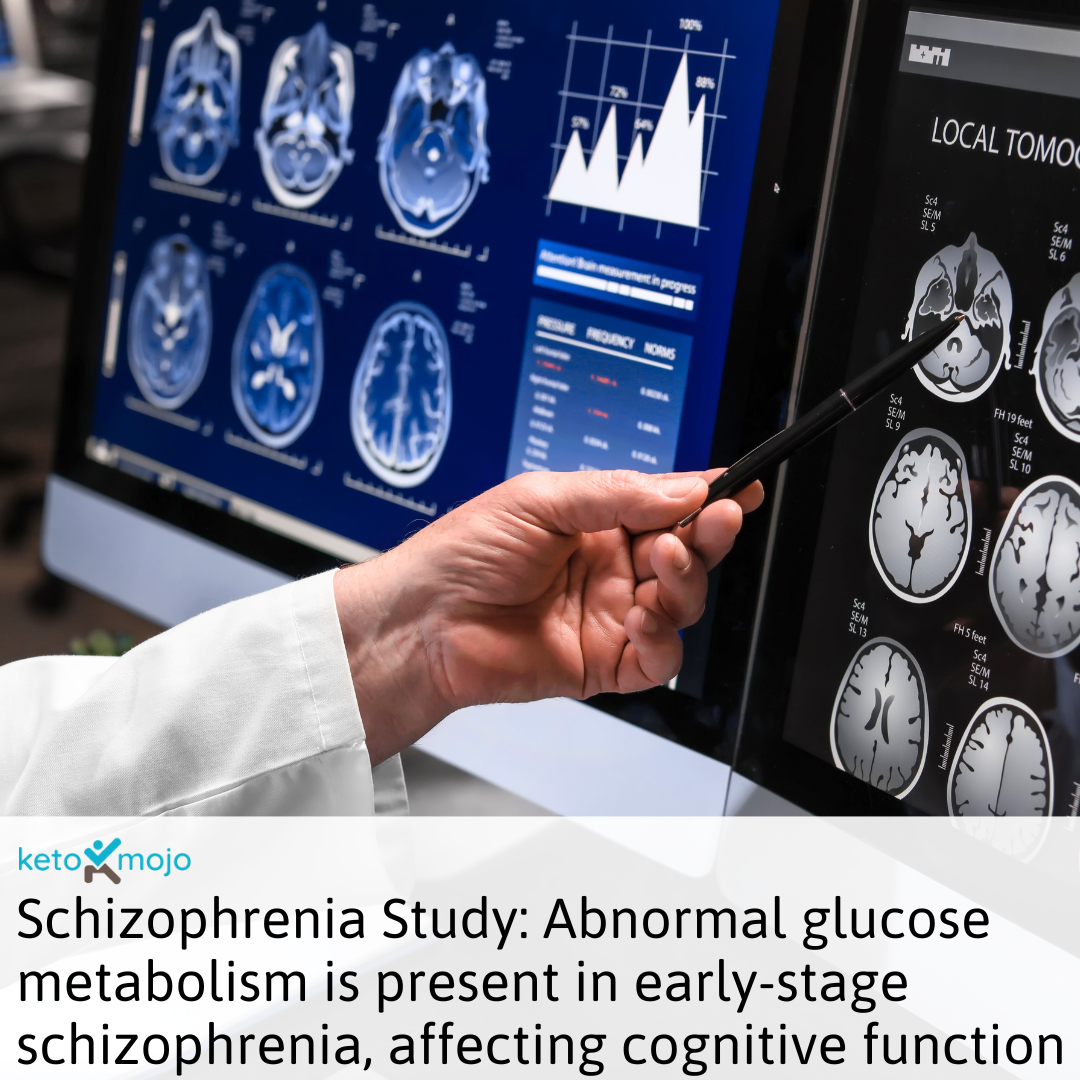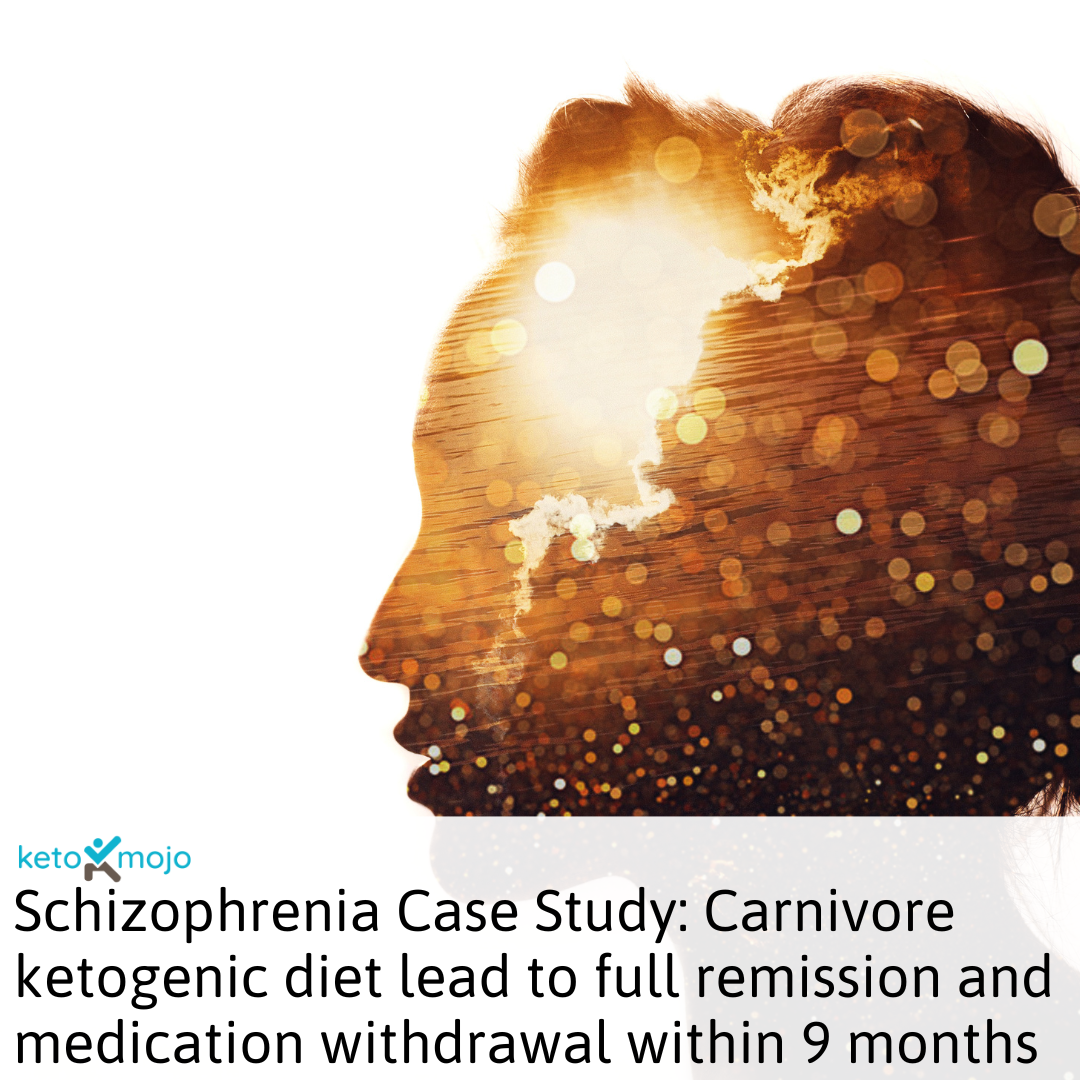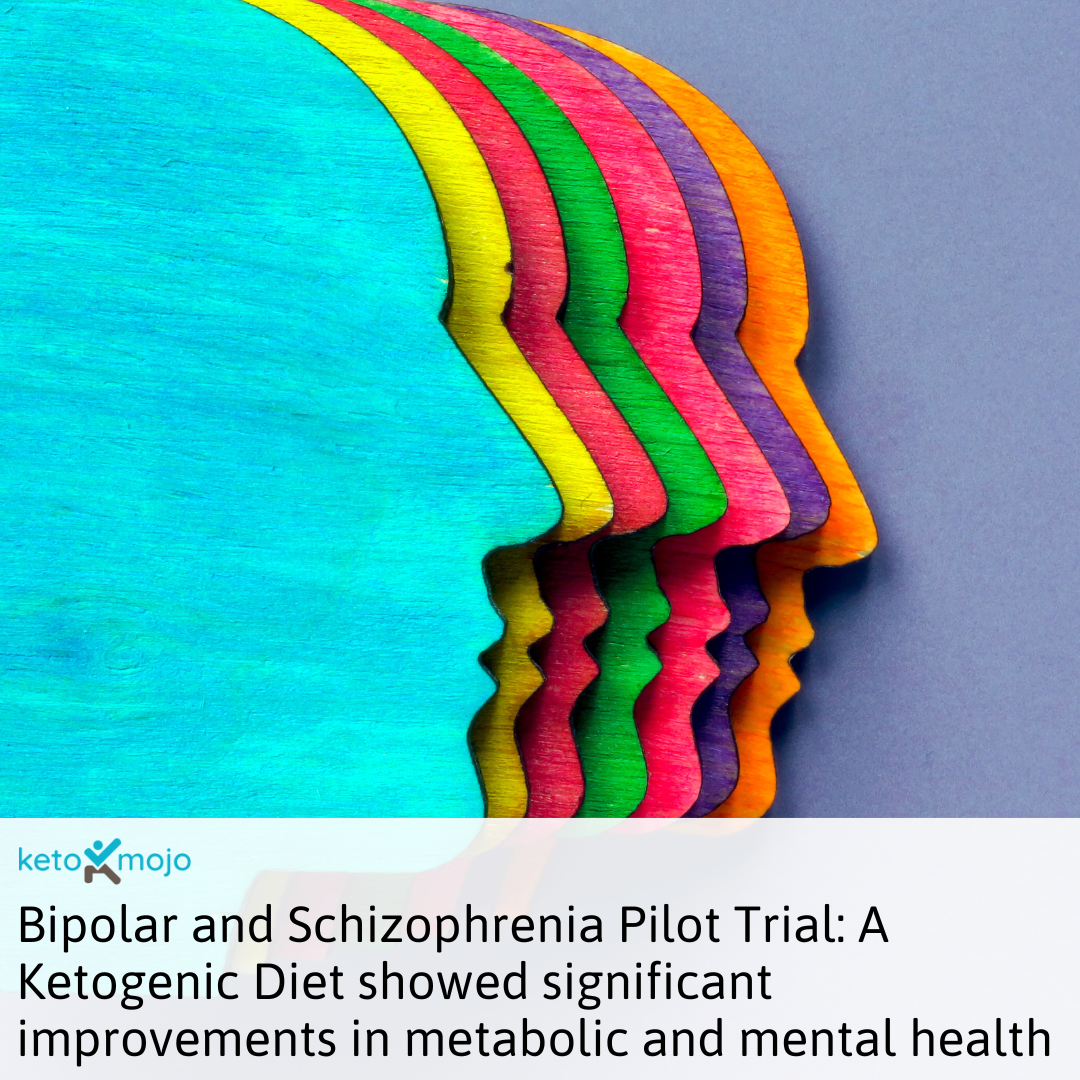General Health, Metabolic Syndrome, Psychiatric Disorders
Glucose metabolism, hippocampal subfields and cognition in first-episode and never-treated schizophrenia

Abnormal glucose metabolism and cognitive decline occur in the early stage of Schizophrenia.
In this study recently published in the International Journal of Clinical Health Psychology, researchers have investigated the inter-relationship between glucose metabolism, hippocampal subfield volume, and cognitive function in individuals experiencing their first episode of schizophrenia and who have not yet been treated with antipsychotics.
The research team assessed glucose metabolism using biomarkers such as fasting insulin, glucose levels, and the HOMA-IR index. Cognitive function was gauged using the MATRICS Consensus Cognitive Battery, and evaluations were conducted on 43 individuals with first-episode schizophrenia and 29 healthy controls.
Findings from the study showed that compared to the healthy controls, individuals with schizophrenia demonstrated higher levels of fasting blood glucose and insulin, along with increased HOMA-IR, indicating an abnormal glucose metabolism.
Additionally, analyses found significant correlations between category fluency performance and fasting glucose levels, and a positive association between either fasting insulin or HOMA-IR and hippocampal subfield volume in patients.
In conclusion, the study suggests that abnormal glucose metabolism and cognitive decline occur in the early stage of schizophrenia. Furthermore, the interaction between abnormal glucose metabolism and hippocampal subfields was associated with cognitive functions in schizophrenia.





